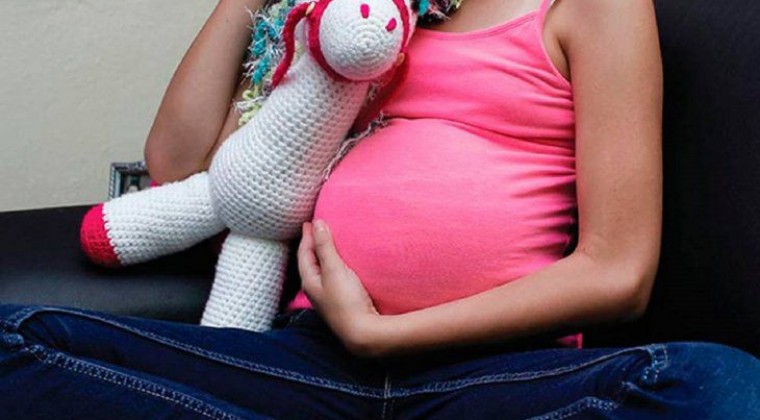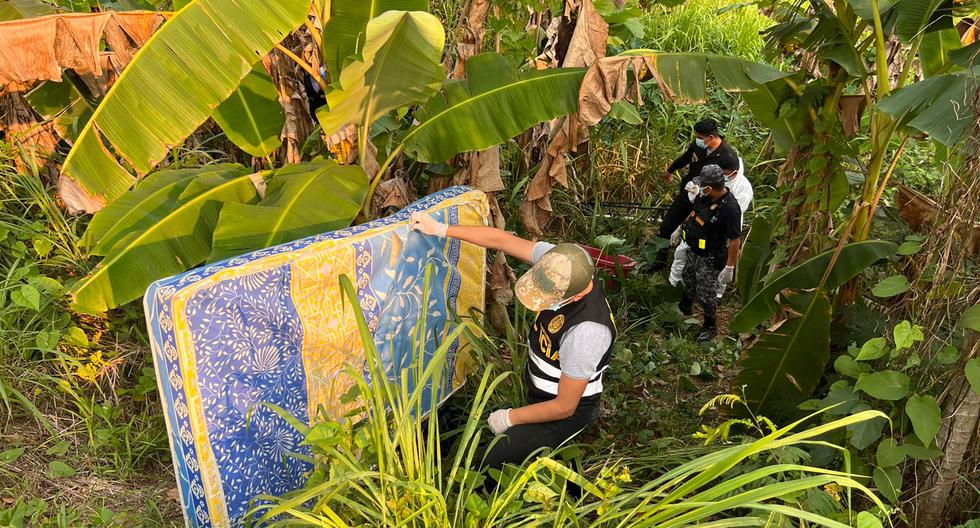To prevent diarrheal diseases, correct and frequent hand washing is recommended, as well as maintaining strict hygiene standards, especially in the preparation and consumption of food.
The endemic corridor of acute diarrheal diseases (ADD) is above the highest figure recorded in previous years. Likewise, it is observed that as of this week, an upward increase in those affected has been identified, which may be due to various etiologies (viruses, bacteria or parasites), according to what was declared by Dr. Sandra Irala, in charge of the General Directorate of Health Surveillance.
Irala indicated that in the Chaco region there are departments that are experiencing a prolonged drought, such as the case of Boquerón. To alleviate this situation, he mentioned that work is being done to guarantee the provision of safe water to the affected communities.
He mentioned that the complication of a diarrheal disease is dehydration, which is more frequent in young children and in the elderly, so it is urged to carry out an early consultation in case of registering diarrheal disease, and to ensure the consumption of water more than usual, to avoid dehydration.
Measures to avoid diarrheal diseases:
• Drink drinking water, boiled or chlorinated.
• If the water is not drinkable, boil it or add 2 drops of bleach per liter of water for use.
• Wash vegetables and fruits with abundant running water, either for consumption and/or for cooking.
• Use different knives for raw food (vegetables) and cooked food (meat), both for their preparation and for subsequent cleaning.
• Properly wash meat and offal before preparation.
• Cook food very well, especially fish and shellfish.
• If you use unpasteurized milk, boil it before drinking it, for at least 3 minutes.
• Do not consume food after its expiration date.
• Clean canned products or those in glass jars before opening and consuming them.
• Keep food covered and refrigerated. Do not leave at room temperature for more than 2 hours.
• Avoid sneezing, touching your nose, coughing or spitting in front of food.
• If you choose to eat in public places, you must ensure that the establishments have clean facilities.
• Properly disinfect bathrooms (preferably with water and bleach).
The most effective hygiene measure is frequent hand washing with soap and water when coming home from the street, before preparing food, before consuming it, after touching raw food, after going to the bathroom and after changing diapers.


















